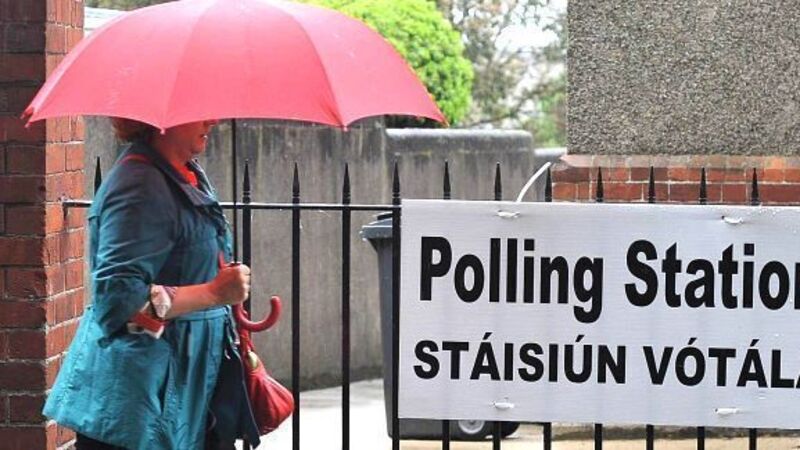Directly-elected mayors: The case has not been made

If the Taoiseach Leo Varadkar and the Tánaiste Simon Coveney have about their persons an unassailable case for having directly-elected executive mayors of Cork City, Limerick, and Waterford, it has yet to be heard. Thus far, with only weeks to go before voters have their say on the proposal, there is something to be said for the suspicion, voiced in Cork by Fianna Fáil Cllr Terry Shannon, that the Government is making up its directly-elected mayor policy as it goes along.
Let’s kick off with the basics: the arguments demonstrating the need for change and the prospectus outlining the benefits for our communities. Has the Government tabled them? No. Its 46-page policy document (Directly Elected Mayors with Executive Functions: Detailed Policy Proposals, 20 March 2019) commences with what could be read as a competent summary of the principal case against the reform it is proposing. The proposal’s critics will be happy to see a part of the preamble published in full: “The benefits of a directly-elected mayor in Irish cities may be significant, if not necessarily quantifiable. However, the full consequences of introducing a directly-elected mayor with executive functions are not completely clear. Much could depend on the circumstances and context in which they work, and could also depend on the individual officeholders themselves. Internationally, some directly-elected mayors have been extremely successful in improving the life of their communities; some have gained additional powers for their office by virtue of their dynamism and democratic mandate. In some cases, however, directly-elected mayors have not demonstrated the value of the office; voters have, in some instances, chosen to abolish the office of directly-elected mayor.”
















